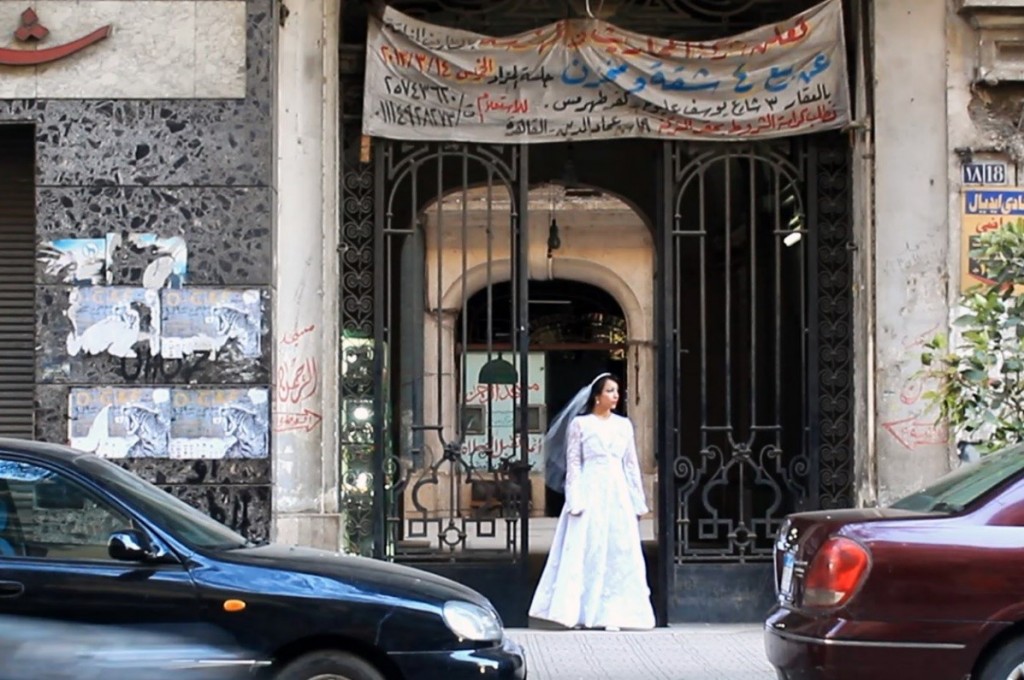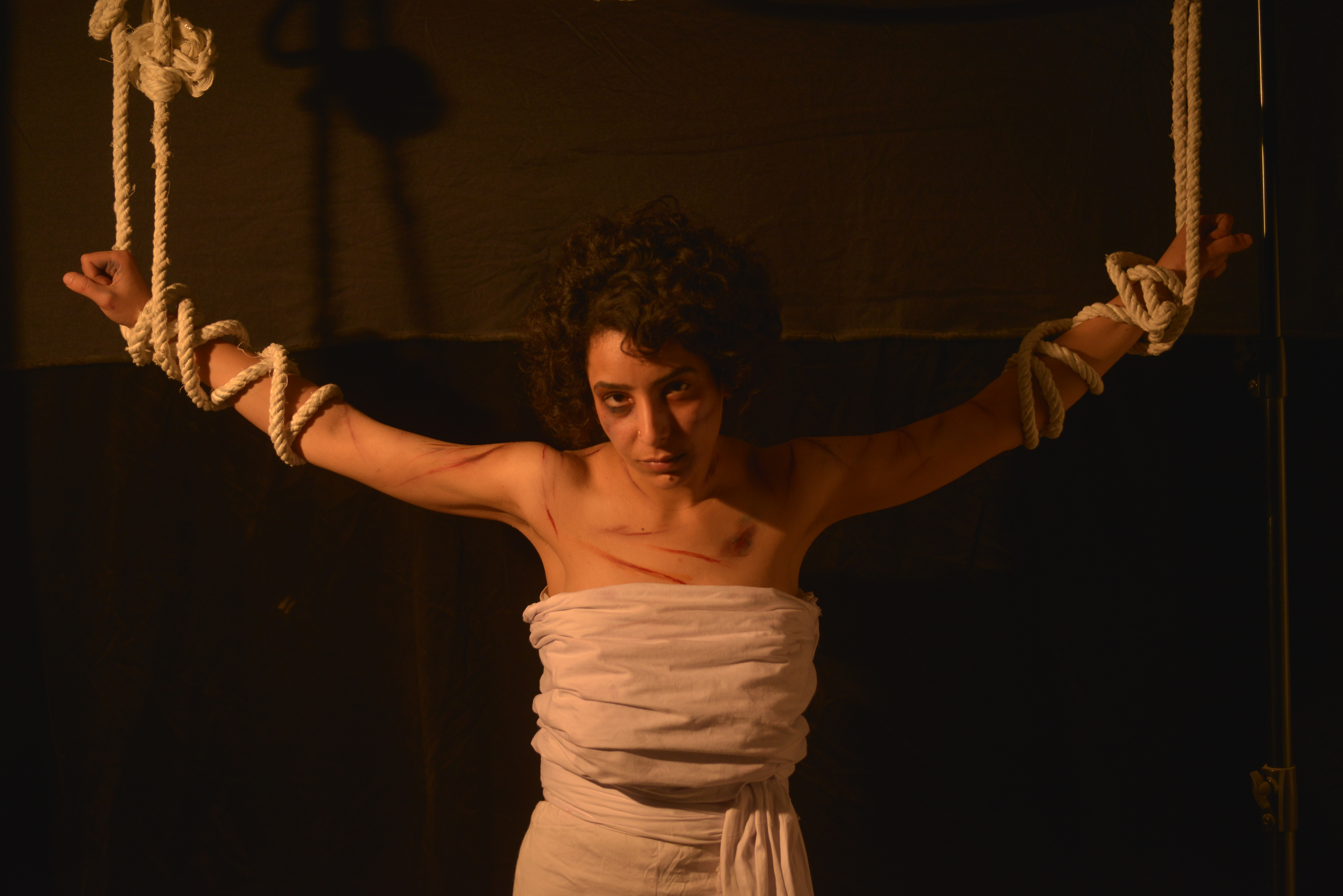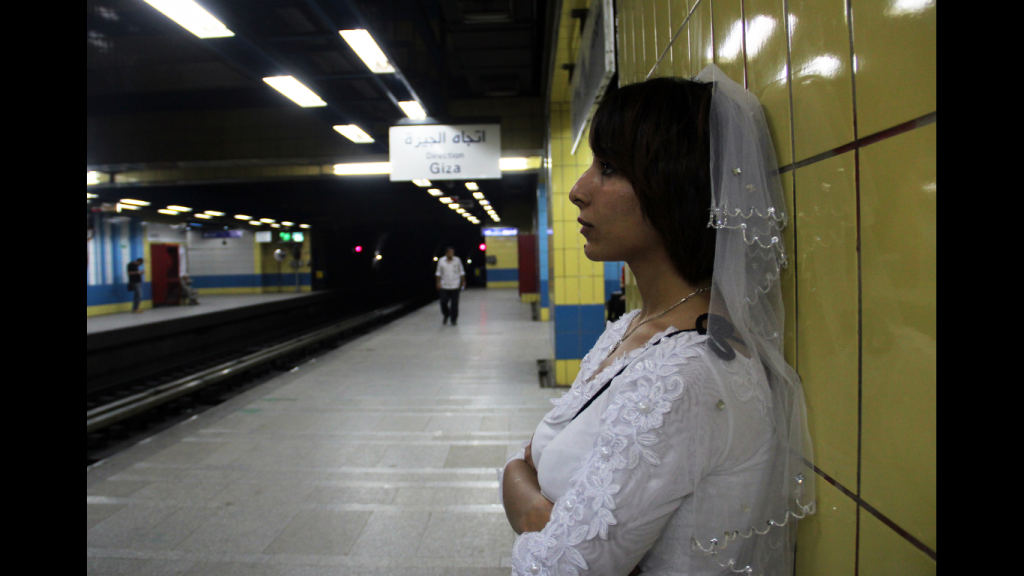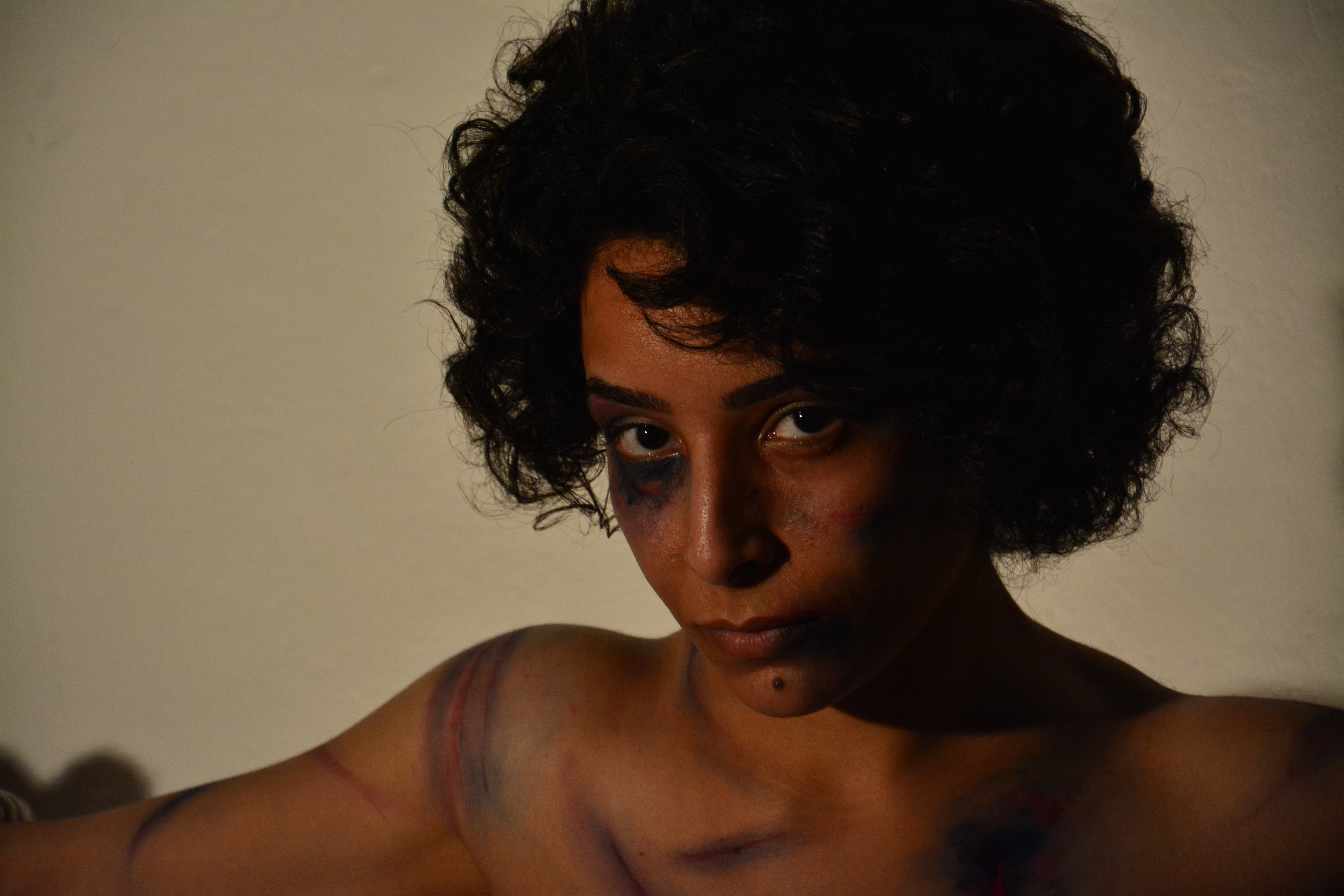“The society I grew up in thinks of me as a rebel or a stripper because I prefer the arts to marriage. In their eyes, I am wrong and unrighteous.”
It’s Women’s History Month, and all eyes are on the brave, the beautiful and the most extraordinary women of this world. In Egypt, the search through history for the cream of Egyptian women takes us to Cleopatra and Hypatia, celebrated for their beauty and intellect. Today, social pressures and government obstacles prevent us from reading about the extraordinary women who are following their ancestors’ footsteps, playing vital roles in the society.
Just in time for Women’s History Month the internet is abuzz with the story of Dalia, a 20-year-old Egyptian girl who has taken up the family occupation of driving a tuk tuk – a three-wheeled vehicle for public transport popular in developing countries – despite being a woman. In many parts of the world, women in traditionally male professions are no longer news, but Dalia’s frequent struggles with sexual harassment and dismissal by customers and fellow tuk tuk drivers offer a glimpse of the ongoing injustices women face in Egyptian society.
A woman fighting for change
One person who has set out to change the perception of what a woman in Egypt is, or should be, is Samah Hamdi – a 28-year-old artist from Cairo. Last year, Samah gained notoriety for being the woman who roamed the streets of Egypt’s capital in a wedding dress. But instead of heading down the aisle, Samah rode the metro, had lunch in Tahrir Square and went shopping – all while wearing white with no intention to settle down any time soon.
“In Egypt, being single at my age is not very common,” Samah told the IPF.
Her family is not fully supportive. Maybe it’s the absence of a headscarf or the way Samah bares other clothes, or perhaps it’s her neglect of her “female duties” in favor of becoming an artist that alienated Samah’s parents.
“I come from a very traditional society. Women do not become artists. Women become wives.”
It is this notion that Samah is trying to break away from: “I have no intention of marrying anytime soon. I am happy with myself, my career and – other than my parents’ pressure to get married – I have no incentive to do it at this point in my life,” she said. Samah is frustrated for not being considered valid in the society unless she has a man by her side.
“My family kept talking about the dress. The pressures to marry were getting bigger and bigger and one day I just decided to finally give them what they want.”
Soon after that, she set off on a walk through Cairo wearing the white dress.

Samah wore a wedding dress with no intention to get married to defy society morals and expectations. / Photo courtesy: Samah Hamdi
“Society wants me to wear that dress, so I wanted to see what would happen if I did.”
Her experiences while wearing the bridal gown differed from neighbourhood to neighbourhood.
“There were so many stories about me following that day,” Samah recalled.“They called me the girl that was left at the altar. None of that was true.”
On the Metro, where she rode on the female compartment, her fellow passengers expected her husband to be in another compartment and assumed she simply didn’t have the funds to get a private car to her wedding venue. In Cairo’s urban Downtown district she was subjected to male harassment, whereas more affluent districts ignored her – keeping their questions to themselves.
Despite the absence of an accompanying male, Samah said, the bridal gown did not change the fact that she was viewed as “male property” that could be ridiculed, touched and belittled by men. The idea that a woman, unveiled and dressed in a bridal gown, would be unaccompanied by a man, seemed completely incredible to onlookers.
In her new performance, Samah dramatically shows how she feels as a woman in Egypt. In her show entitled “Whip”, Samah illustrates how she feels as a woman in Egypt. The physically challenging performance, however, accurately depicts the emotional whipping women in Egypt have to endure every day.
Born in Egypt, Samah spent her younger years in Saudi Arabia – where her life was subject to curfews, restrictions and the pressure to be married by 21. But she let them wait.
“The society I grew up in thinks of me as a rebel or a stripper because I prefer the arts to marriage. In their eyes, I am wrong and unrighteous. There is only one way of life for them – theirs!”
Despite her success as part of Cairo’s community of artists, her parents are still grieving her decision to take off her headscarf and leave their community to exhibit and study art.
“For years, I never questioned how the way my parents and society raised me was wrong. But one day I just decided to see for myself what other societies were like.”
After the Revolution in January 2011 she opened up to new ideas, just like the rest of her countrymen. That is how Samah discovered her heart beat for expression; expression she didn’t know she was capable of.
Today, it’s the “open society” of the artists, as Samah calls them, that gives her the feeling it is okay to be herself and different from what her traditional society expects from her.
“I used to follow my society by the book. I did not have any thoughts that were different and I was not surrounded by anyone thinking differently.”
This has changed and Samah was even allowed to exhibit her art at the government-funded opera house. Due to the political nature of her exhibition, however, she was denied winning the accolade she was chosen for; criticism of religion or the government will not be honored in Egypt. This is yet another reason the fight for equality is hard.
What Egyptian women are fighting to change
One of the biggest challenges for equality in Egypt is sexual harassment. A shocking 98% of foreign women and 83% of native women have recorded being sexually harassed. If these offences are reported, a convicted harasser would face drastic penalties such as year-long jail terms and hefty fines. Convictions, however, barely ever happen.
Whilst Egypt is taking steps towards equality, many of the efforts are inadequate. Female genital mutilation remains a pressing issue despite the practice being outlawed in 2008. Social habits die hard in Egypt.
In the recent 2015 parliamentary elections, 73 women were elected to take on one of the 568 available seats. A further 14 female parliamentarians were appointed by the President. Although this record number of 87 female Egyptian MPs constitutes a significant increase, female representation in the House still stands at a relatively poor 12%. Women’s rights activists argue that these numbers have only been possible thanks to party lists with a female quota, but even then they only account for 25% of all seats. For the remaining 75% the lack of a female quota shows an undeniable male supremacy. The most positive trends, however, come from rather conservative constituencies electing female representatives despite the expectation that women are a subject of the private household, not the political household.
Legislation in family law desperately needs an overhaul. On top of divorce being socially damaging for any woman in Egypt, laws largely favour men. This is especially true in rural Egypt where a man – who is legally allowed to marry up to four wives with the permission of his first wife – can divorce a woman by stating he wants to divorce her in front of witnesses three times. Upon the third time, according to Islamic law, the marriage is ended. In a a society where women have no own independent existence and largely depend on their husband’s income, this is often devastating for the ex-wife.
Gender inequality in Egyptian society is hard to pin to either political suppression or lack of social acceptance. The ongoing reforms will only flourish in society if civil society moves further away from the Islamic doctrine that undermines women. Whilst the law does not require an Egyptian woman to cover her hair with a headscarf; many parents, however, demand that their daughters do. Driving a tuk tuk as a woman is not illegal, yet society still feels entitled to berate and belittle women like Dalia.
Women like Samah Hamdi do not get married against their will in Egypt, but their society rejects them for it. The path towards an Egypt that celebrates its daughters in the same way it praises its sons will be rocky, but if women look to Hatshepsut, Merneith and Sobekneferu they will see that Egyptian women have traversed and conquered these walls many times before. And they will do so again.




